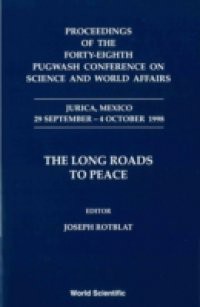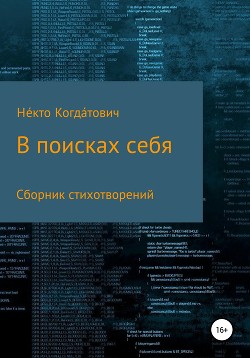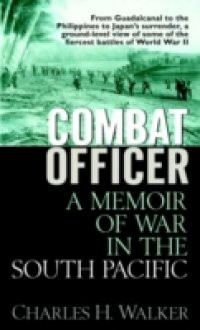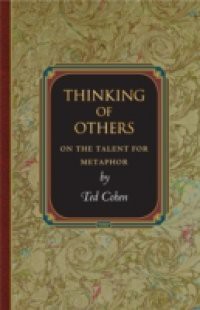In this book, scientists who are pre-eminent in their fields focus on the crucial role of science in the transition away from a culture of war towards the construction of peace based on a capacity to anticipate and prevent destructive conflicts. The subject matter, wide-ranging and of great concern to people everywhere, includes the progress and prospects for a nuclear-weapon-free world; non-nuclear threats to peace and security; the building of legitimate world institutions; conflict resolution and the construction of peace; the local and global environmental dimensions of peace; the health hazards of nuclear chemical and biological weapons; and the interactions between health problems and poverty.Contents:Chiapas: Politics or War (R Benitez-Manaut)Nuclear Disarmament: Is This as Good as It Gets? (M M Bosch)The Future of Nuclear Weaponry and our Civilization (F Calogero)Nuclear-Weapon-Free Zones and Non-Proliferation (O M Sukovic)Technology and the Prevention of Genocide (D Andersen & A Moden)Asian Financial Crisis and China (Z-Q Xie)Ethnic Identity and Border Disputes in the Balkans (N Behar)Water Security in Southern Africa (N Dippenaar)Poverty, Disease and War (J Avery)Poverty, Public Health and Peace: A Southern African Perspective (R A Mogotlane)and other papers.Readership: Graduate students in social sciences.Key Features:The first book that systematically combines social work and hermeneuticsA unique volume that combines theoretical discussions and empirical studiesClear explanation of the relevance of moral practice to theory construction
















